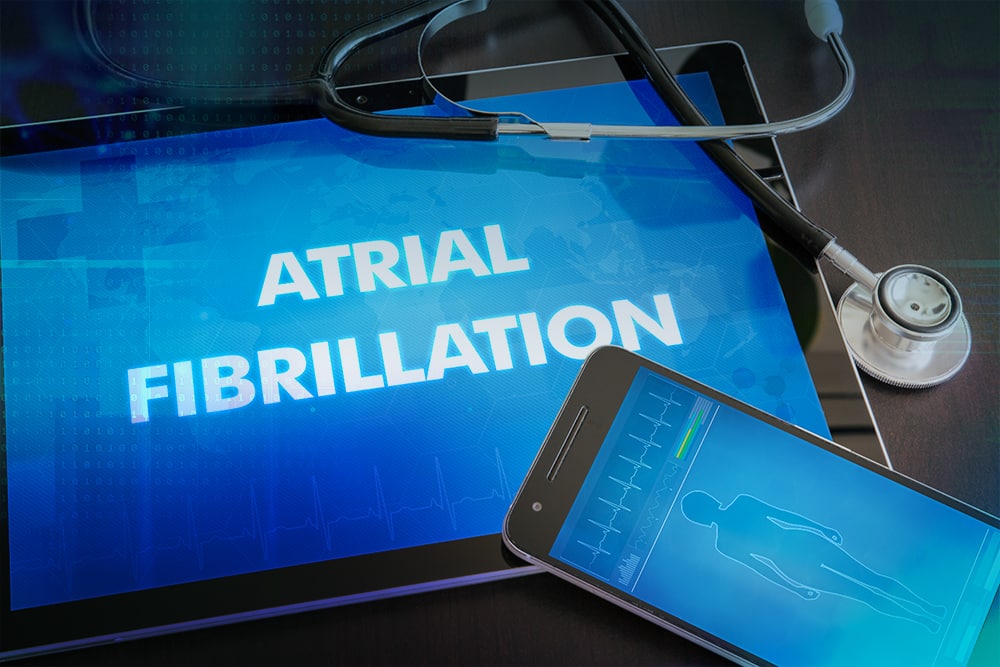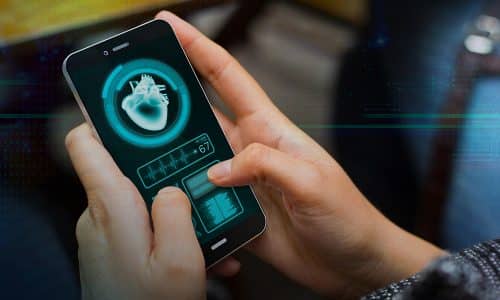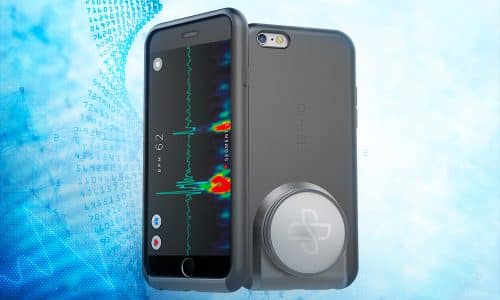The accelerometers built into most smartphones can identify atrial fibrillation (Afib). Known as gyrocardiography, this method is now known to compete with electrocardiography (ECG) for detecting Afib in many use cases, particularly letting patients assess their own heart rhythms without relying on additional devices beyond smartphones that nearly everyone now has.
According to Finnish researchers at the University of Turku and the Heart Centre of the Turku University Hospital, they began with specialized, stand-alone sensors attached to the skin. As processing software improved and accelerometers within smartphones became more sensitive, they were able to translate all the technology into a smartphone app.
Atrial fibrillation is the most common heart rhythm disorder, and significantly increases the risk of stroke and death. One in every four middle-aged adults in Europe and the US will develop atrial fibrillation, and the incidence and prevalence are continuously rising.
“Around two-thirds of people in Europe and the US have a mobile device and use it as their main way of accessing online information,” says Dr. Dipak Kotecha, a clinician scientist in cardiovascular medicine at the Institute of Cardiovascular Sciences, University of Birmingham, UK. “This presents a big opportunity to improve self management and shared decision making in atrial fibrillation.”
In a related development, the My AF app and AF Manager app were developed by the European Society of Cardiology (ESC) Guidelines Task Force on Atrial Fibrillation and the CATCH ME.
My AF offers data to patients with atrial fibrillation concerning the condition of stroke, the risk involved, atrial fibrillation treatments, and tips on improving lifestyle. Patients can record symptoms and quality of life in a personal journal, which can subsequently be shared with a health professional before consultations.
Dr. Kotecha states, “The app aims to encourage active patient involvement in the management of their condition. There is evidence that patient education can improve self-care, adherence to therapy, and long-term outcomes.”
AF Manager targeted towards doctors, nurses, and other healthcare professionals is in the final stages of approval. “AF Manager imports information shared by the patient and allows the healthcare professional to amend details and enter other medical information, such as electrocardiogram or echocardiography data.
https://www.escardio.org/The-ESC/Press-Office/Press-releases/smartphone-apps-launched




